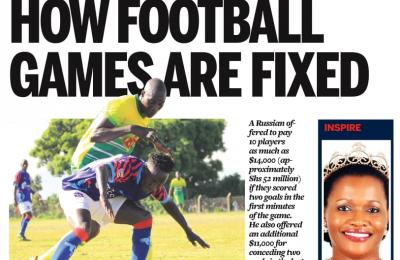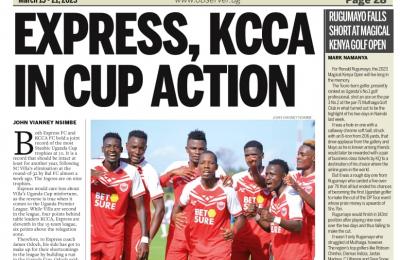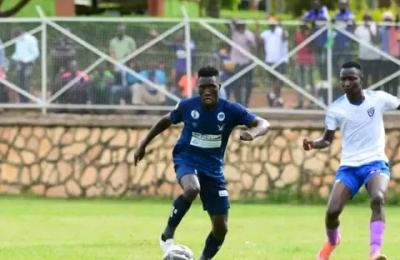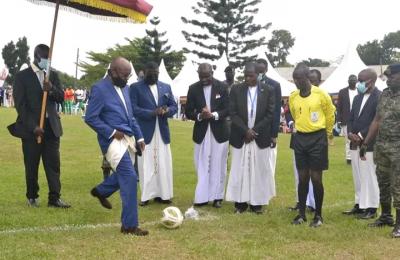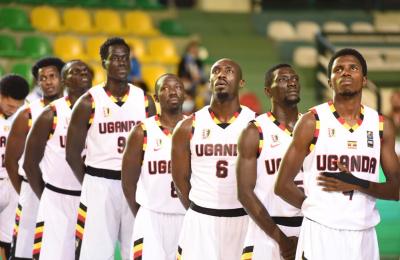
Last week's adjournment of the court case against the trainer Philip Fenton, who faces charges in Ireland of illegally possessing various drugs including anabolic steroids, places both the British Horseracing Authority and Cheltenham racecourse in a position which has no entirely positive outcomes. If Fenton's chaser Last Instalment lines up for the Gold Cup on 14 March, a few days before the trainer's next scheduled court appearance, he will do so under a thick cloud of suspicion. If he should win – and he is likely to start third-favourite – then the horse, trainer and Last Instalment's owner, Michael O'Leary, will be fortunate if they escape being jeered all the way back to the top enclosure. Should the BHA try to prevent Fenton sending horses to Cheltenham, however, O'Leary has both the money and, in all likelihood, the inclination to drag them off to court, raising the stakes still higher just a few days before National Hunt's prime meeting. Cheltenham, meanwhile, might need to find a new sponsor for the Grade One Ryanair Chase if O'Leary, the airline's chief executive, takes offence. It also faces the prospect of seeing its most famous fixture tainted by association, with the issue of drugs and steroids dominating coverage of what is supposed to be a showcase event for the track and for National Hunt racing as a whole. There seems to be little chance that O'Leary, having had a few days to reflect, will decide to follow the lead of Barry Connell, who announced last week that The Tullow Tank, a leading contender for a Grade One novice hurdle at the Festival, will not run until Fenton's court case is resolved. Both O'Leary and his brother Eddie, who acts as his racing manager, made it clear last week that in their opinion, since Fenton is presumed innocent until proven guilty, he must be allowed to carry on as normal. Attention now switches to the BHA, which has taken time to think things through and is expected to announce how it intends to proceed in the early part of this week. In the wake of the separate Mahmood al-Zarooni and Sungate steroid doping scandals last year, the BHA's anti-doping regime is still a work in progress. It wants to introduce more testing, both at the track and, in particular, in training yards, and is also considering how to track and regulate horses which are not actively in training at a licensed yard but are likely to join one at some point in the future. Some form of licensing for pre-training facilities – which would allow horses there to be drug-tested – may be imminent as a result. In terms of the immediate threat of a PR catastrophe at Cheltenham, the need for action is urgent and, if the regulators truly appreciate the magnitude of the threat which anabolic steroids pose to the sport, there is really just one course of action open to them. A doctor accused of gross negligence does not continue in his practice before the case is heard by the British Medical Association and neither should a trainer found with anabolic steroids in his or her yard be allowed to saddle horses in Britain until the BHA has fully established how and why the drugs came to be there.


